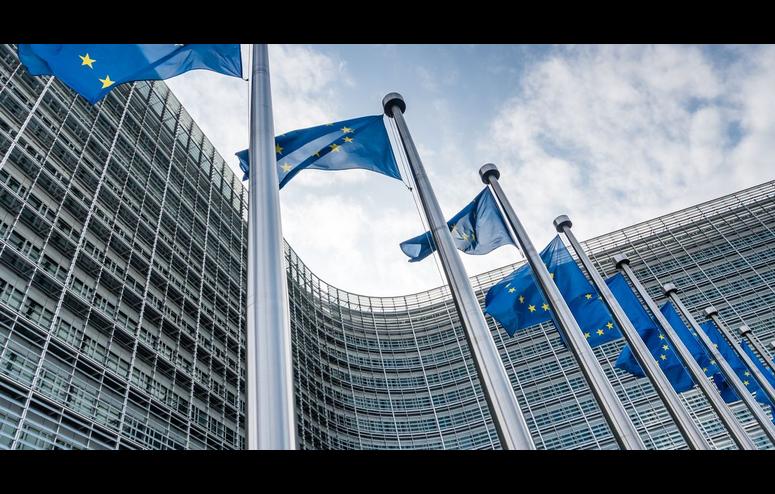EU Smart Contract Regulations Included in Council’s Data Act Draft
TL;DR The European Union’s Council of member states recently agreed on a revision to the EU’s Data Act that would require smart contracts to include a kill switch. This is meant to protect users from unauthorized use of their data, but has been met with some criticism from the blockchain community for potentially undermining the automated and unalterable nature of smart contracts. The final version of the law will be negotiated between the European Parliament and Council, mediated by the European Commission.

Smart contracts will have to contain a kill switch under a revision of the European Union’s Data Act published by the bloc’s member states on Monday.
The EU’s Council, which represents national governments, agreed on the text on Friday, and its proposals appear to echo those already favored by lawmakers at the European Parliament. The final wording of the law now has to be negotiated between the parliament and the council mediated by the European Commission.
The proposed legislation requiring smart contracts to be able to interrupt or terminate their activity has provoked concerns in the blockchain community for undermining what are supposed to be automated and unalterable programs.
Erik Slottner, the Swedish minister who chaired the council talks, said in a Friday statement the law will “allow data to flow freely within the EU and across sectors for the benefit of businesses, researchers, public administrations, and society.”
In principle the new rules apply to contracts that make data available as part of controls on smart-home appliances like cars and fridges, but how far they actually go is not clear.
Marina Markezic, a founder of lobby group the European Crypto Initiative, said it could be hard, if not impossible, for most smart contracts to meet the regulations as drafted by the Parliament.
Thierry Breton, a senior commission official responsible for digital matters, has already indicated he doesn’t favor the lawmakers’ version, saying it inhibits the ability to set standards for smart contracts.
